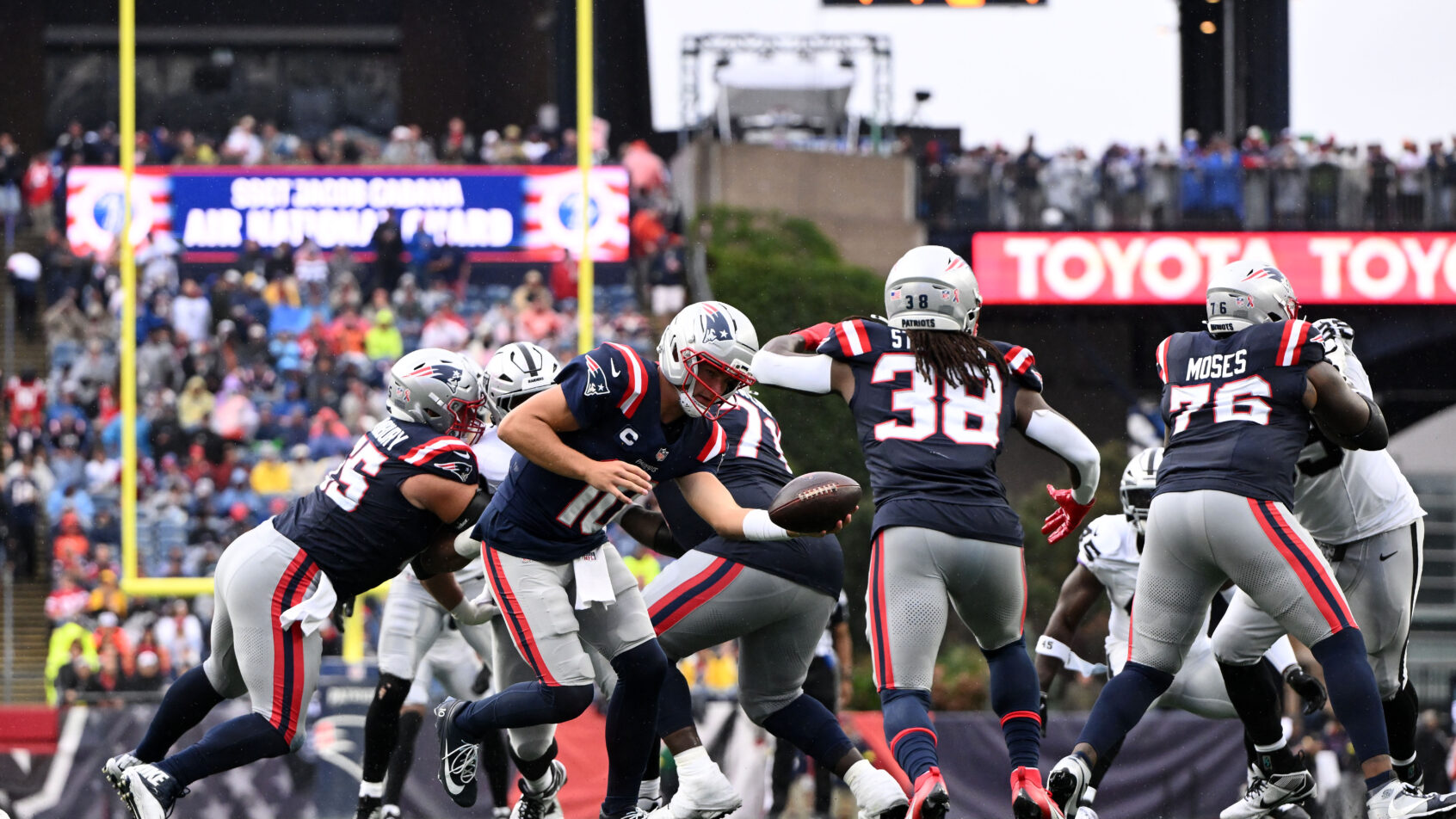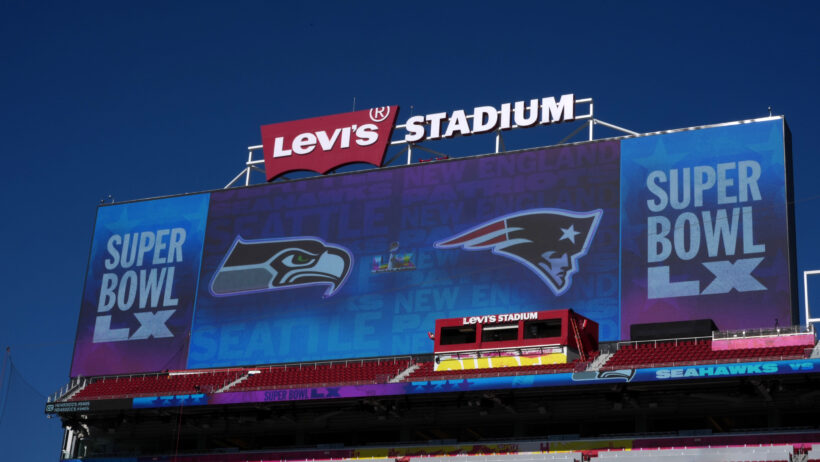Massachusetts Attorney General Files Lawsuit Against Kalshi in Superior Court
By Robert Linnehan in Sports Betting News
Published:

- Massachusetts Attorney General Joy Campbell today filed a lawsuit against Kalshi in Suffolk Superior Court
- The attorney general alleges Kalshi promotes and accepts online sports bets in the state without a license
- Kalshi’s operation bypasses consumer protections that are required of licensed operators, she said
Massachusetts Attorney General Joy Campbell today filed a lawsuit against KalshiEX LLC for promoting and accepting online sports bets in the commonwealth without following state sports betting laws or having a license to do so.
The Attorney General’s Office alleges that Kalshi uses an online exchange to offer sports betting under the guise of “event contracts” in the state. Kalshi, the office notes, has neither applied for nor received a Massachusetts sports betting license from the Massachusetts Gaming Commission (MGC), as required by law. The lawsuit was filed in Suffolk Superior Court in Massachusetts.
“Sports wagering comes with significant risk of addiction and financial loss and must be strictly regulated to mitigate public health consequences,” Campbell said. “This lawsuit will ensure that if Kalsi wants to be in the sports gaming business in Massachusetts, they must obtain a license and follow our laws. I am grateful for the ongoing partnership with the Gaming Commission.”
Attorney General’s Office Requests Immediate Cessation
The Attorney General’s Office, as part of today’s filing, is requesting the court order Kalshi to cease offering its sports event contracts in Massachusetts while the lawsuit is pending.
The lawsuit alleges Kalshi’s sports event contracts bypass key consumer protections that are required of licensed sports betting operators. Kalshi has not undergone the necessary comprehensive processes required by the MGC to ensure its operations are in alignment with state regulations. Kalshi also allows users between the ages of 18 and 21 to trade contracts on its platforms, when the legal age for sports betting in the state is 21.
“Prediction market companies are expanding into sports wagering while neglecting age restrictions, player protection programs, state taxes, and other consumer protections. My fellow commissioners and I appreciate the Attorney General’s efforts to enforce the law and hold these companies accountable to Massachusetts’ rigorous standards,” Massachusetts Gaming Commission Chair Jordan Maynard said. “We look forward to our continued partnership with Attorney General Campbell and her office.”
A Kalshi spokesperson offered the following comment on the lawsuit to Sports Betting Dime.
“Kalshi offers its users a fair, transparent, federally-regulated, and nationwide marketplace. Rather than engage in dialogue with Kalshi as many other states have done, Massachusetts is trying to block Kalshi’s innovations by relying on outdated laws and ideas. Prediction markets are a critical innovation of the 21st century, and all Americans should be able to access them. We are proud to be the company that has pioneered this technology and stand ready to defend it once again in a court of law.”
Kalshi’s Platform Emulates Gambling, State Says
According to the state’s lawsuit, Kalshi’s platform employs behavioral design mechanisms drawn from gambling psychology, with features that encourage “impulsive engagement, exploit award anticipation, and diminish users’ perception of financial risk.”
The lawsuit contends approximately 75% of Kalshi’s trading volume has been sports event contracts from May 17, 2025, onwards. From January to June of 2025, the state alleges Kalshi users “wagered more than $1 billion on 3.4 million sports wagers.”
“Despite Kalshi calling its product ‘event contracts,’ consumers are placing wagers on the outcome of sporting events. Kalshi’s sporting event contracts constitute ‘sports wagering’ because Kalshi is engaged in ‘the business of accepting wagers on sporting events.’ Kalshi’s offering meets the definition of a ‘wager’ under Chapter 23N because a user risks a sum of money (i.e. the price of the contract) on an uncertain occurrence in a sporting event (i.e. the position taken on the event contract) for the chance to win money if the event takes place (i.e. a prize),” Massachusetts counsel wrote in the lawsuit.
Counsel for the state requests the court determines Kalshi is engaged in sports betting without a license in violation of state law, to award monetary relief in an amount to be determined at trial, permanently enjoin Kalshi from engaging in sports betting without a license, and award any and all other additional relief as the court may determine.
Who Regulates Event Contracts?
Massachusetts is the latest states to levy a lawsuit against Kalshi, as states continue to jockey for power to regulate sports event contracts in the country.
Companies such as Robinhood and Kalshi believe that state regulatory bodies do not have the right to intrude on the government’s “exclusive” authority to regulate prediction market, filing lawsuits in New Jersey, Nevada, and Maryland to defend its practices. These companies believe the CFTC is the only regulatory body that can legally block contracts from being offered to customers.
State gaming regulators maintain the markets need to be beholden to regulations, taxes, and license fees that sports betting and gaming operators are required to follow.
The prediction market companies believe their offerings are not required to comply with state laws, as they have been preempted by the Commodity Exchange Act.

Regulatory Writer and Editor
Robert Linnehan covers all regulatory developments in online gambling and sports betting. He specializes in U.S. sports betting news along with casino regulation news as one of the most trusted sources in the country.



